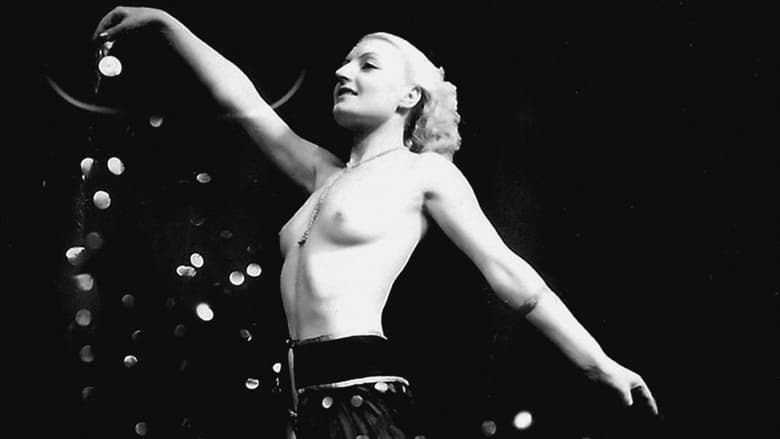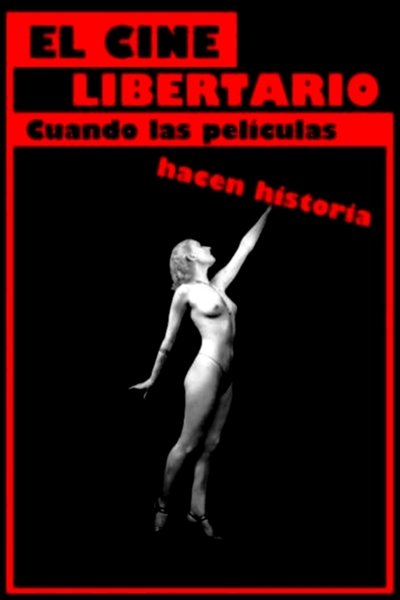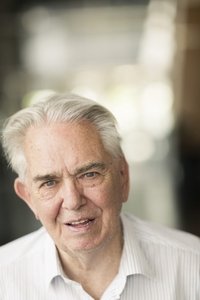El cine libertario: cuando las películas hacen historia
Genres
DocumentaryHistory
OverView
Upon the outbreak of the Spanish Civil War in July 1936, the anarchist union CNT socialized the film industry in Spain, so in Madrid and Barcelona film workers took over the production assets and, between 1936 and 1938, numerous films on a wide variety of topics were released, composing a varied mosaic that gives rise to one of the most unusual and original moments of Spanish cinematography.
Others
Budget
$--
Revenue
$--
Status
Released
Original Language
Spanish
Runtime
60 mins
Rating
7.3/10
Release Date
27 January 2010
Country
Spain




